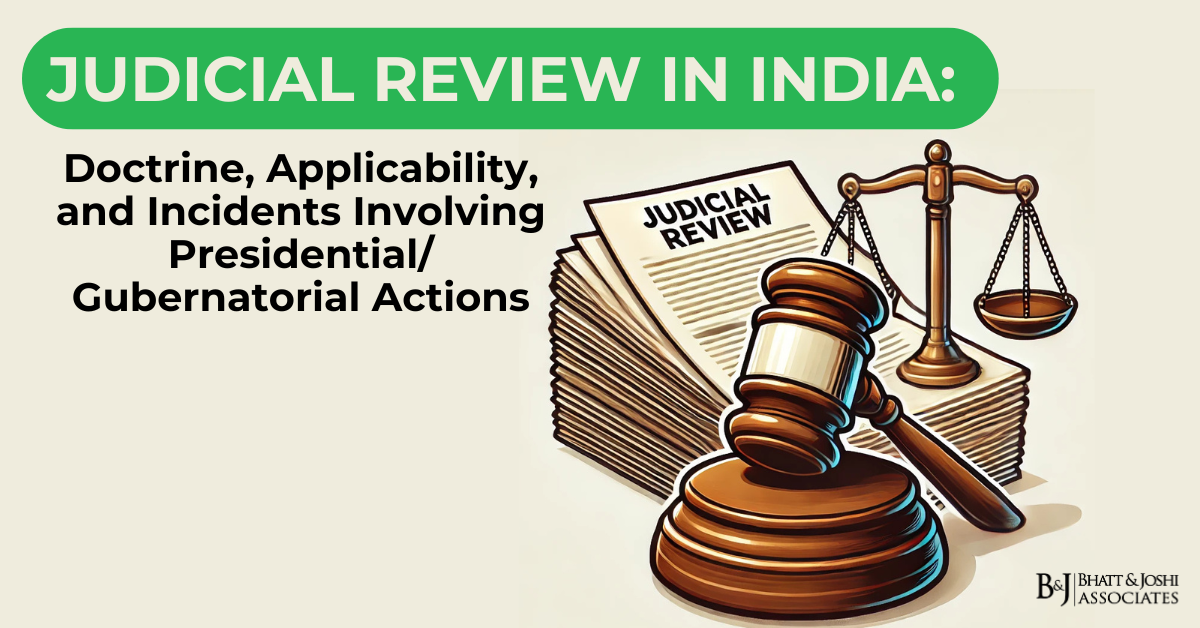Introduction
Outer space, once the domain of science fiction, has become a critical arena for scientific exploration, commercial ventures, and military strategies. As humanity ventures further into the cosmos, the need for robust legal frameworks to govern activities in outer space has become increasingly urgent. This article explores the evolution of international space law, the key legal instruments governing outer space, and the emerging challenges posed by rapid advancements in technology and commercialization.
The Evolution of International Space Law
The legal framework for outer space activities was established during the Cold War, a period marked by intense competition between the United States and the Soviet Union. Recognizing the potential for conflict in space, the international community sought to develop principles to ensure that outer space would be used for peaceful purposes.
The foundational treaties of international space law emerged during this period, establishing norms that continue to guide space activities today. These treaties were negotiated under the auspices of the United Nations and reflect the collective aspiration to maintain outer space as a domain for peaceful exploration and benefit for all humankind.
Key Legal Instruments Governing Outer Space
The legal regime governing outer space is primarily based on five key international treaties:
- Outer Space Treaty (OST) 1967: The cornerstone of international space law, the OST establishes fundamental principles for outer space activities. It declares outer space as the “province of all mankind,” prohibits the placement of nuclear weapons or other weapons of mass destruction in orbit, and emphasizes the peaceful use of space. It also prohibits national sovereignty claims over celestial bodies.
- Rescue Agreement (1968): This treaty obligates states to assist astronauts in distress and safely return them to their home countries. It also requires the return of objects launched into space to their respective owners.
- Liability Convention (1972): This convention holds launching states liable for damages caused by their space objects, whether on Earth, in airspace, or in outer space.
- Registration Convention (1976): States are required to register objects launched into outer space with the United Nations, facilitating transparency and accountability.
- Moon Agreement (1984): This treaty, less widely ratified, aims to regulate the exploitation of natural resources on the Moon and other celestial bodies. It emphasizes that these resources are the “common heritage of mankind.”
Principles of International Space Law
Key principles underpinning international space law include:
- Non-Appropriation: No state can claim sovereignty over outer space or celestial bodies.
- Peaceful Use: Space activities must be conducted for peaceful purposes, prohibiting militarization and weaponization.
- Cooperation and Benefit Sharing: Space exploration should benefit all countries, irrespective of their economic or technological development.
- Environmental Protection: States must avoid harmful contamination of outer space and celestial bodies.
Challenges in Outer Space Governance
Despite the robust framework established by these treaties, the rapid evolution of space activities presents significant challenges:
- Commercialization and Privatization: The emergence of private space companies, such as SpaceX and Blue Origin, raises questions about the applicability of international law to non-state actors. Ensuring compliance with treaties while fostering innovation and investment remains a critical issue.
- Space Debris: The growing accumulation of space debris poses risks to satellites, spacecraft, and future missions. Legal frameworks must address liability and mitigation measures to manage this threat.
- Resource Exploitation: The potential for mining resources on the Moon, asteroids, and other celestial bodies has reignited debates about the interpretation of the “common heritage of mankind” principle.
- Military Activities and Space Security: The development of anti-satellite weapons and other military technologies challenges the principle of the peaceful use of space. Ensuring space security and preventing an arms race in space is a pressing concern.
- Technological Advancements: Emerging technologies, such as satellite constellations, space tourism, and artificial intelligence, require updated legal frameworks to address novel risks and opportunities.
Recent Developments and Future Directions
Recent years have seen significant efforts to address these challenges and adapt space law to contemporary realities:
- National Legislation: States are enacting domestic laws to regulate private space activities and ensure compliance with international obligations. For example, the United States’ Space Act of 2015 allows private entities to own resources extracted from celestial bodies.
- International Cooperation: The Artemis Accords, spearheaded by NASA, aim to establish principles for cooperation in lunar exploration and resource utilization. While not legally binding, they reflect growing multilateral efforts to address governance gaps.
- Sustainability Initiatives: The UN Committee on the Peaceful Uses of Outer Space (COPUOS) has adopted guidelines for the long-term sustainability of outer space activities, focusing on debris mitigation, information sharing, and capacity building.
- Dispute Resolution: Proposals for dedicated mechanisms to resolve disputes related to space activities, such as an international space tribunal, are gaining traction.
Conclusion: Ensuring a Sustainable Future in Outer Space
Outer space offers boundless opportunities for exploration, innovation, and international cooperation. However, the complexities of space activities demand a robust and adaptable legal framework to ensure that outer space remains a domain of peace, sustainability, and shared benefit. By fostering dialogue, strengthening international treaties, and addressing emerging challenges, the global community can uphold the principles of space law and advance the collective interests of humanity in the final frontier.














